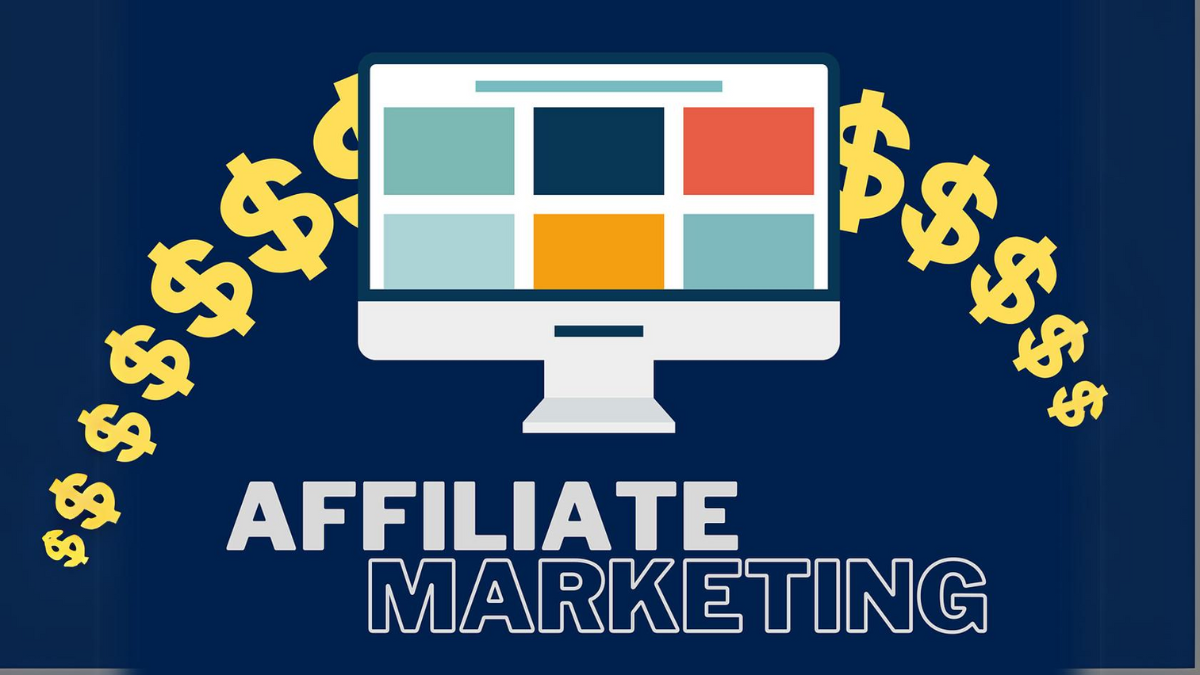In the healthcare industry, effective marketing has become crucial. As technologies advance and patient expectations change, healthcare providers must adapt their marketing strategies to stay relevant and competitive. The importance of healthcare marketing lies not only in promoting services but also in educating and engaging the community. With the right approach, healthcare marketing can significantly enhance patient outreach, build trust, and improve health outcomes. Today, let’s explore some innovative healthcare marketing strategies that are shaping the industry in 2024. Each strategy offers unique benefits and could be the key to transforming how providers connect with and care for their patients.
1. Utilizing Big Data for Personalized Campaigns
Personalization is at the heart of modern marketing, and healthcare is no exception. Big data allows healthcare providers to understand patient needs and preferences on a granular level. By analyzing patterns in data collected from various sources, providers can create highly targeted marketing campaigns. For instance, a clinic might use data to identify patients who are due for routine check-ups or those at risk of chronic diseases and send them personalized reminders or educational content. This not only improves engagement rates but also supports proactive healthcare management, potentially reducing hospital visits and improving overall patient health outcomes.
To simplify this process, consider working with ahealth marketing agencyto make data driven decisions and improve your ROI and reach.
2. Implementing AI Chatbots for Engagement
AI chatbots represent a frontier in customer service, offering round-the-clock interaction that today’s healthcare consumers expect. These chatbots can handle a range of tasks from answering basic health queries to scheduling appointments, freeing up human resources for more complex issues. For example, a patient might interact with a chatbot to learn more about the symptoms of asthma and even receive recommendations for nearby specialists. This level of engagement helps maintain continuous patient interaction, which is essential for building long-lasting relationships and trust.
3. Video Content for Better Engagement
Video content has surged in popularity, becoming a key player in effective digital marketing strategies. In healthcare, video can serve as a powerful tool to explain complex medical topics in a simple, engaging way. Providers can use video tutorials to demonstrate how to use medical devices at home or explain different health conditions. Moreover, health facilities can showcase their state-of-the-art equipment and friendly staff, which can help reduce patient anxiety about visiting the doctor. Engaging video content not only informs but also humanizes the healthcare experience, fostering a stronger connection between patients and providers.
4. Leveraging Social Media Influencers
Influencer marketing is no longer just for lifestyle brands. Healthcare providers are increasingly partnering with trusted social media personalities to reach a wider audience. These influencers can share personal stories about their healthcare experiences, review facilities, or explain medical procedures, adding a layer of credibility and relatability that traditional advertising lacks. Choosing the right influencer—someone who aligns with the healthcare provider’s values and has a genuine connection with their audience—can significantly enhance the impact of the marketing campaign.
5. Content Marketing via Blogs and Newsletters
Content marketing remains a vital strategy for healthcare providers looking to establish trust and authority in their field. Regularly updated blogs and newsletters can offer a wealth of information that is both informative and reassuring to patients. These platforms allow for detailed articles on topics ranging from preventive health measures to the latest advancements in medical treatments. Moreover, sharing success stories and patient testimonials can create an emotional connection, encouraging new patients to choose a provider. By consistently delivering valuable content, healthcare marketers can build a loyal audience and foster a community centered around wellness and informed health choices.
6. Mobile Marketing Strategies
With the increasing use of smartphones for internet browsing, mobile marketing has become an indispensable part of a healthcare provider’s digital strategy. Mobile-optimized websites, apps, and SMS campaigns can effectively reach patients directly on their devices. For instance, healthcare apps can provide users with features like medication reminders, appointment scheduling, and direct access to medical records. SMS alerts can be used to remind patients of upcoming appointments or vaccinations, ensuring they stay on top of their health needs. These touchpoints enhance the patient experience by providing convenience and personalized communication.
7. Local SEO Optimization
For healthcare providers serving specific geographic areas, local SEO is crucial for attracting new patients. Optimizing for local search involves ensuring that your business appears in local directory listings, has up-to-date contact information, and features prominently in local search results. Tactics such as encouraging satisfied patients to leave positive reviews and using local keywords in your website’s content can improve your visibility. Additionally, creating location-specific pages for each service can further enhance your local SEO efforts, making it easier for patients in your community to find and choose your services over competitors.
8. Partnerships with Local Organizations
Creating partnerships with local organizations can extend the reach of healthcare marketing efforts. These might include local gyms, schools, or community centers, where healthcare providers can offer seminars, health screenings, or wellness programs. Such collaborations not only enhance community health but also position the provider as a cornerstone of community wellness. These partnerships can lead to increased referrals and a stronger presence in the community, creating a network that supports not only the healthcare provider’s business goals but also the health needs of the community at large.
9. Compliance and Ethical Marketing
In healthcare, compliance and ethical considerations are paramount, especially when it comes to marketing. It is essential for healthcare marketers to adhere strictly to legal standards and ethical practices, avoiding any form of misleading information. This includes transparent communication about services, costs, and patient rights. Ensuring compliance not only protects the provider from legal repercussions but also builds trust with the patient population. An ethical approach reassures patients that their health and well-being are the top priorities, which is crucial for long-term relationship building.
Conclusion
Adopting innovative healthcare marketing strategies in 2024 is more than a necessity—it’s a transformative move towards better patient engagement and enhanced care delivery. From leveraging big data for personalized marketing campaigns to harnessing the immersive power of virtual reality, these strategies are designed to meet patients where they are and address their needs effectively. As healthcare continues to evolve, so too should the strategies we use to market it. Providers who are willing to innovate and adapt can expect not only to survive in this competitive landscape but to thrive. Engaging with patients through these diverse channels will not only improve their health outcomes but will also build a robust, trust-filled relationship that lasts. By integrating these innovative marketing tactics, healthcare providers can ensure that they remain at the forefront of patient care and industry advancement.





